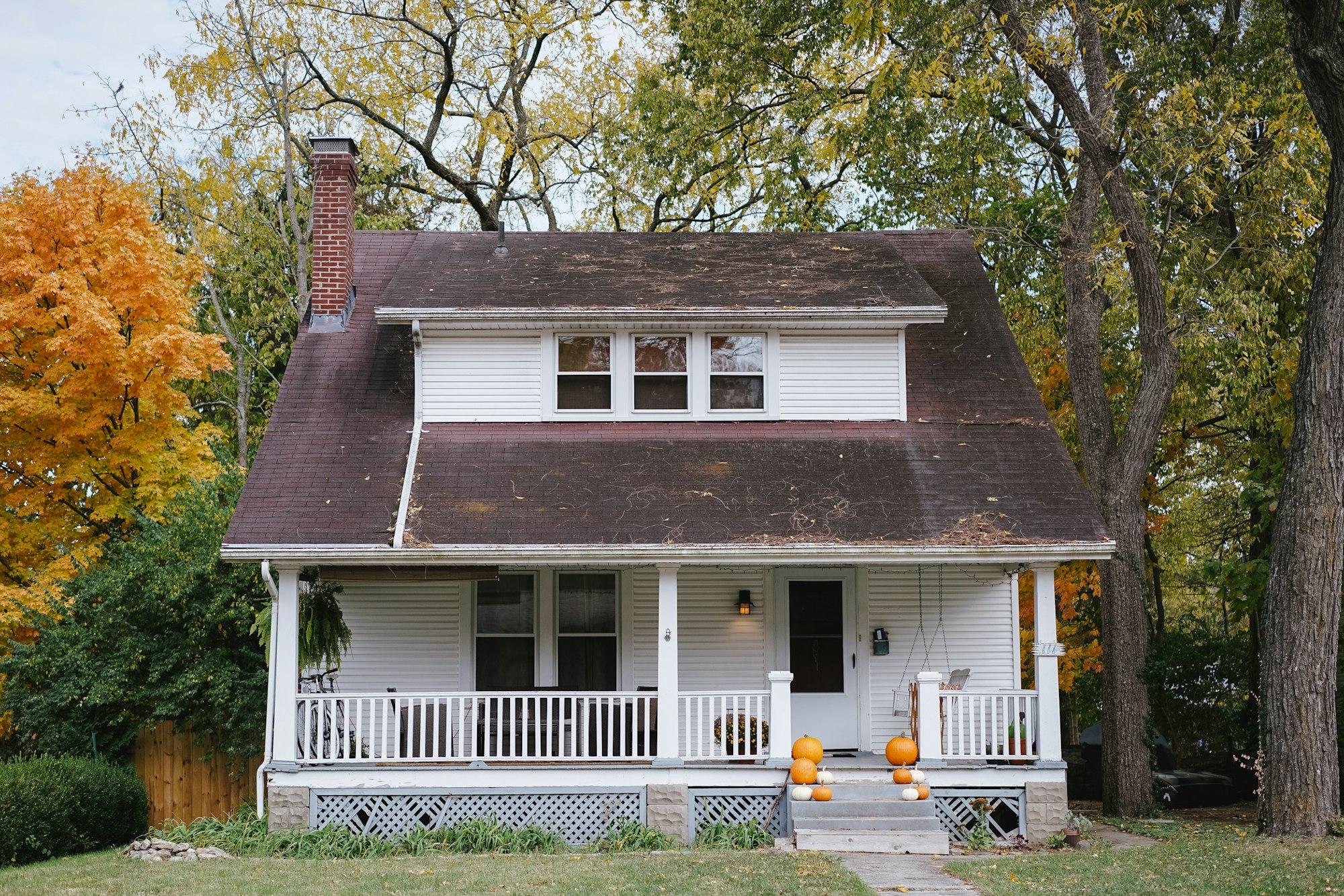Rent-to-Own: How It Works and What You Need to Know
Rent-to-own agreements offer a flexible path to homeownership, allowing tenants to rent while building equity and locking in a purchase price, but require careful evaluation of contract terms, financial responsibilities, and potential risks to ensure suitability for individual circumstances.

Photo by Phil Hearing
Imagine finding your dream home, but you're not quite ready for a mortgage. That's where rent-to-own comes in – a unique path to homeownership that's gained significant traction in recent years. This arrangement lets you test-drive your future home while working toward owning it, but there's more to the story than just paying rent.
How Rent-to-Own Actually Works
At its core, rent-to-own combines a standard lease with a future purchase option. You'll sign two key documents: a rental agreement and a purchase option. The rental agreement works like a typical lease, but here's where it gets interesting – a portion of your monthly rent might go toward your future down payment.
The purchase option gives you the exclusive right to buy the home at an agreed-upon price, typically within 1-3 years. Think of it as reserving the right to buy the house while you live there. This can be particularly valuable in rising markets, as you'll lock in today's price for a future purchase.
The Real Benefits
- Test Before You Buy: Living in the home before committing to purchase lets you discover everything from noisy neighbors to that perfect morning light in the kitchen.
- Credit Building: Those monthly rent payments can help strengthen your credit score, making it easier to secure a mortgage when you're ready to buy.
- Price Protection: With a locked-in purchase price, you won't have to worry about market fluctuations driving up the cost of your future home.
- Equity Building: Unlike traditional renting, a portion of your monthly payment might go toward your future down payment.
The Downsides to Consider
Let's be honest – rent-to-own isn't perfect for everyone. Here are the potential pitfalls:
- Higher Monthly Payments: Expect to pay more than standard rent since part of your payment may go toward the future purchase.
- Use It or Lose It: If you decide not to buy the home, you'll typically forfeit any rent credits you've accumulated.
- Limited Flexibility: Unlike traditional renting, you can't just give notice and move out without potentially significant financial consequences.
- Maintenance Responsibilities: The agreement might require you to handle repairs and maintenance, unlike traditional renting where the landlord usually covers these costs.
Finding Legitimate Rent-to-Own Properties
Skip the "too good to be true" listings and focus on these reliable sources:
- Local real estate agents who specialize in rent-to-own properties
- Reputable online real estate platforms
- Local real estate investor groups
- Word-of-mouth referrals from trusted sources
Red Flags to Watch For
Be wary of these warning signs:
- Sellers who resist having the agreement reviewed by a lawyer
- Unusually low purchase prices compared to similar homes
- Pressure to sign immediately without proper review
- Vague or missing terms about maintenance responsibilities and purchase options
- Excessive upfront fees before seeing the property or documentation
Making Your Decision
Rent-to-own might be right for you if:
- You need time to improve your credit score
- You want to lock in a purchase price in a rising market
- You're not quite ready for a traditional mortgage
- You want to try out a neighborhood before committing
However, consider traditional renting if:
- You value flexibility in where you live
- You're not sure about your long-term plans
- You want lower monthly payments
- You prefer having a landlord handle maintenance
The Bottom Line
A rent-to-own agreement can be your bridge to homeownership, but it requires careful consideration. Take your time reviewing agreements, get legal advice before signing, and make sure you understand every aspect of the deal. Your future home – and financial well-being – are worth the extra diligence.
Remember to visit our related guides on how to buy a house and financing options for more insights into your homebuying journey.
Quick facts
What does it mean when someone says rent-to-own?
Rent-to-own means a tenant agrees to rent a property with the option to purchase it after a specified period. A portion of the rent may go toward the future purchase price, allowing tenants to work toward ownership.
What is the main reason to avoid renting to own?
The main reason to avoid renting to own is the risk of losing money if you fail to purchase the home. Missed payments or legal issues can result in forfeited deposits and rent credits, making it a costly option.
What does rent for own mean?
Rent for own is another term for rent-to-own, where tenants rent a property with the option to buy it later. It combines renting with a potential path to homeownership, often with an upfront fee or higher monthly rent.
Why is rent-to-own a bad idea to utilize?
Rent-to-own can be risky due to high upfront costs, non-refundable payments, and strict contract terms. If tenants cannot buy the home, they lose the money invested, making it a less secure path to homeownership.
Is rent-to-own real or fake?
Rent-to-own is a legitimate arrangement, but it's important to research contracts and terms carefully. Scams do exist, so ensure you’re working with reputable landlords or companies to avoid potential fraud.

Pavan Jadhaw
Software Engineer at Spoken
Pavan is a Fullstack Engineer at Spoken. He's passionate about both software and mechanical engineering. When he's not coding, you’ll find him tinkering with his homeserver, working on his motorcycle, or building custom mechanical keyboards. He’s a fan of minimalistic and functional decor.
Read more

